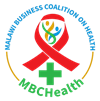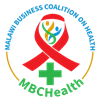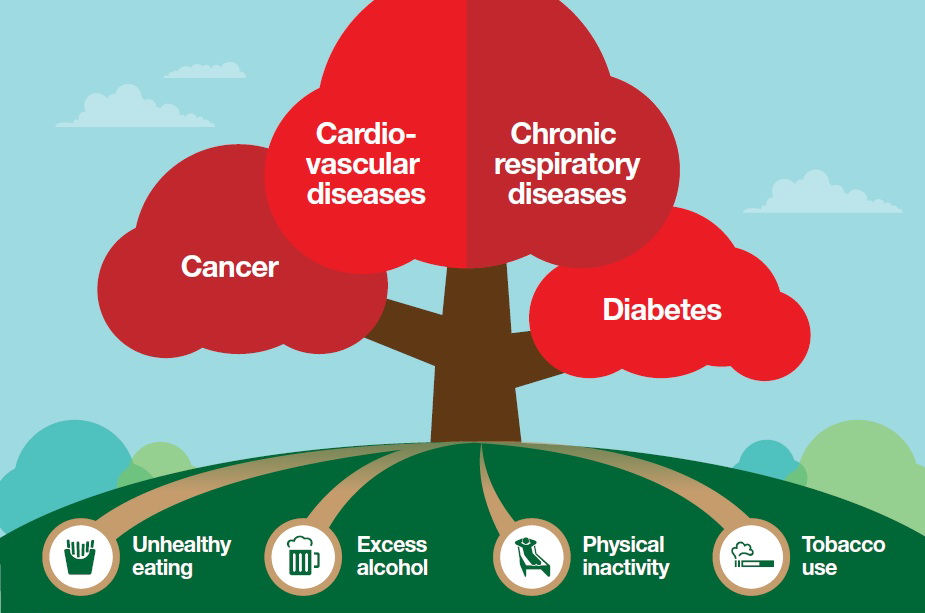In the age of information, making data-driven decisions is a competitive necessity. Our dedicated team of analysts is here to guide you through the process of transforming raw data into actionable insights.
Our process begins with the meticulous collection and integration of relevant data from various sources. Whether it's customer interactions, market trends, or operational metrics, we ensure a comprehensive and accurate dataset forms the foundation of our analysis.
We employ advanced analytics techniques to uncover patterns, trends, and correlations within your data. From descriptive statistics to predictive modeling, our goal is to provide you with a deeper understanding of your business landscape, enabling strategic planning and foresight.
Visualizing data is key to comprehension. We design customized dashboards that present complex information in a user-friendly manner. These interactive dashboards allow you to monitor key metrics, track performance, and derive insights at a glance.
Our expertise in statistical modeling enables us to go beyond surface-level observations. Whether it's forecasting future trends, identifying outliers, or conducting A/B testing, we leverage statistical methods to extract meaningful and actionable intelligence.
The ultimate aim of our Data Analysis services is to empower you with decision support. We provide clear, concise, and actionable recommendations based on our findings, ensuring that you can make informed decisions that align with your business objectives.


